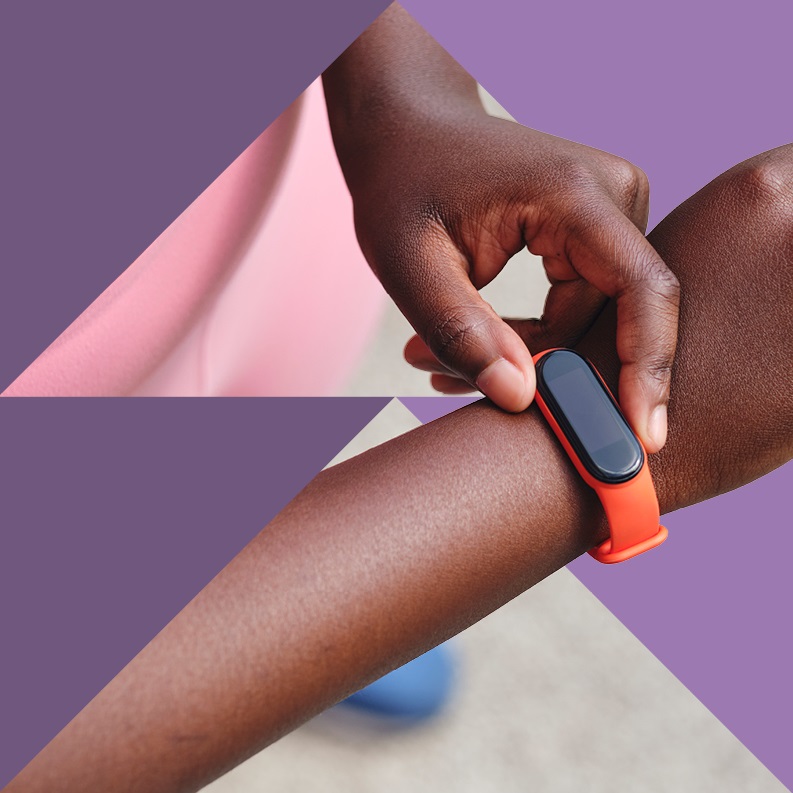
AI Industry Updates: February 2024
Published 14 February 2024
This February, the artificial intelligence (AI) sector is pushing ahead with regulations, certifications and best practices intended to limit the influence of deepfakes and instil ethical behaviours. Meanwhile, consumers will appreciate the influx of lifestyle-focused tools, designed to streamline their digital lives.
AI Industry Updates: February 2024
Lorem ipsum dolor sit amet, consectetur adipiscing elit, sed do eiusmod tempor incididunt ut labore et dolore magna aliqua. Ut enim ad minim veniam, quis nostrud exercitation ullamco laboris nisi ut aliquip ex ea commodo consequat. Duis aute irure dolor in reprehenderit in voluptate velit esse cillum dolore eu fugiat nulla pariatur. Excepteur sint occaecat cupidatat non proident, sunt in culpa qui officia deserunt mollit anim id est laborum.
Sed ut perspiciatis unde omnis iste natus error sit voluptatem accusantium doloremque laudantium, totam rem aperiam, eaque ipsa quae ab illo inventore veritatis et quasi architecto beatae vitae dicta sunt explicabo. Nemo enim ipsam voluptatem quia voluptas sit aspernatur aut odit aut fugit, sed quia consequuntur magni dolores eos qui ratione voluptatem sequi nesciunt. Neque porro quisquam est, qui dolorem ipsum quia dolor sit amet, consectetur, adipisci velit, sed quia non numquam eius modi tempora incidunt ut labore et dolore magnam aliquam quaerat voluptatem. Ut enim ad minima veniam, quis nostrum exercitationem ullam corporis suscipit laboriosam, nisi ut aliquid ex ea commodi consequatur? Quis autem vel eum iure reprehenderit qui in ea voluptate velit esse quam nihil molestiae consequatur, vel illum qui dolorem eum fugiat quo voluptas nulla pariatur?


Topics
AI & Robotics
Consumer Electronics
Digital
Ecommerce
Ethics
Science & Technology

Want to see the full report?
Offering access to over 350 consumer and cross-industry reports annually, Stylus Membership is your window to tomorrow’s most exciting opportunities.
We already arm more than 500 of the world’s most forward-thinking brands and agencies with the creative insights they need to make transformative business decisions.
We’d love to do the same for you.
Book a demo with us today to discover more.











